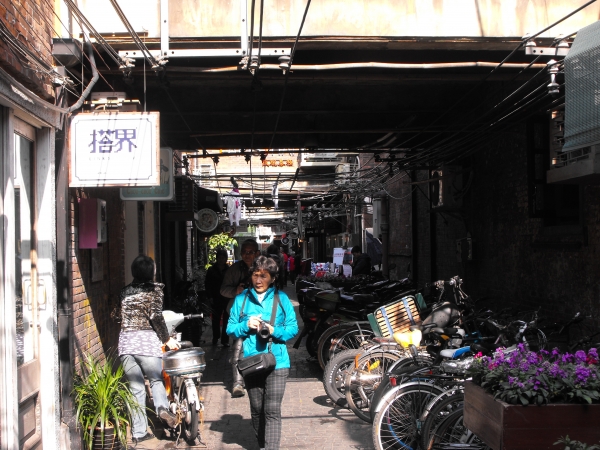A major project to compare urban practices in 14 cities will be led by a team based in Glasgow University in Scotland.
A £7.1 million research project into urban conditions and practices has been awarded to Glasgow University. The money will be used to conduct research over a 4 year period, and to establish a Centre for Sustainable, Healthy and Learning Cities and Neighbourhoods. Seven African and Asian countries will be involved. In all 14 cities will be studied, some large and some small. There are research partners in each country. These are the Human Sciences Research Council and University of Witwatersrand in South Africa, the Ifakara Health Institute in Tanzania, the University of Rwanda, the National Institute of Urban Affairs in India, Khulna University in Bangladesh, Nankai University in China and the University of the Philippines.
The transformative processes of urban growth will be studied at city and neighbourhood level in Cape Town and Johannesburg; Dar es Salaam and Ifakara in Tanzania; Kigali and Butare in Rwanda; Delhi and Meerut in India; Dhaka and Khulna in Bangladesh; Chongqing and Datong in China; and Manila and Batangas in The Philippines.
The project will be led by Professor Ya Ping Wang, my former colleague, who is now Professor of Global City Futures at Glagow and a leading authority on housing and urban development in China. He says that the project will study „the internal socio-economic and physical structures of 14 cities. It will help us to make a significant contribution to the global debate, policy and practice about the development of sustainable cities and communities.”
This is not only a very large and long-term project, but also a highly prestigious one, as its announcement by the UK’s Minister for Universities and Science shows. The money comes from the Global Challenges Research Fund, which spans all the UK’s research councils, not just the one concerned with economics and social science. It is good to see the issues of urbanisation and planning recognised as being of global significance. Hopefully the findings will feed into the work of all those striving to deliver the New Urban Agenda agreed by the nations of the world at Habitat III in 2016.

Schreibe einen Kommentar